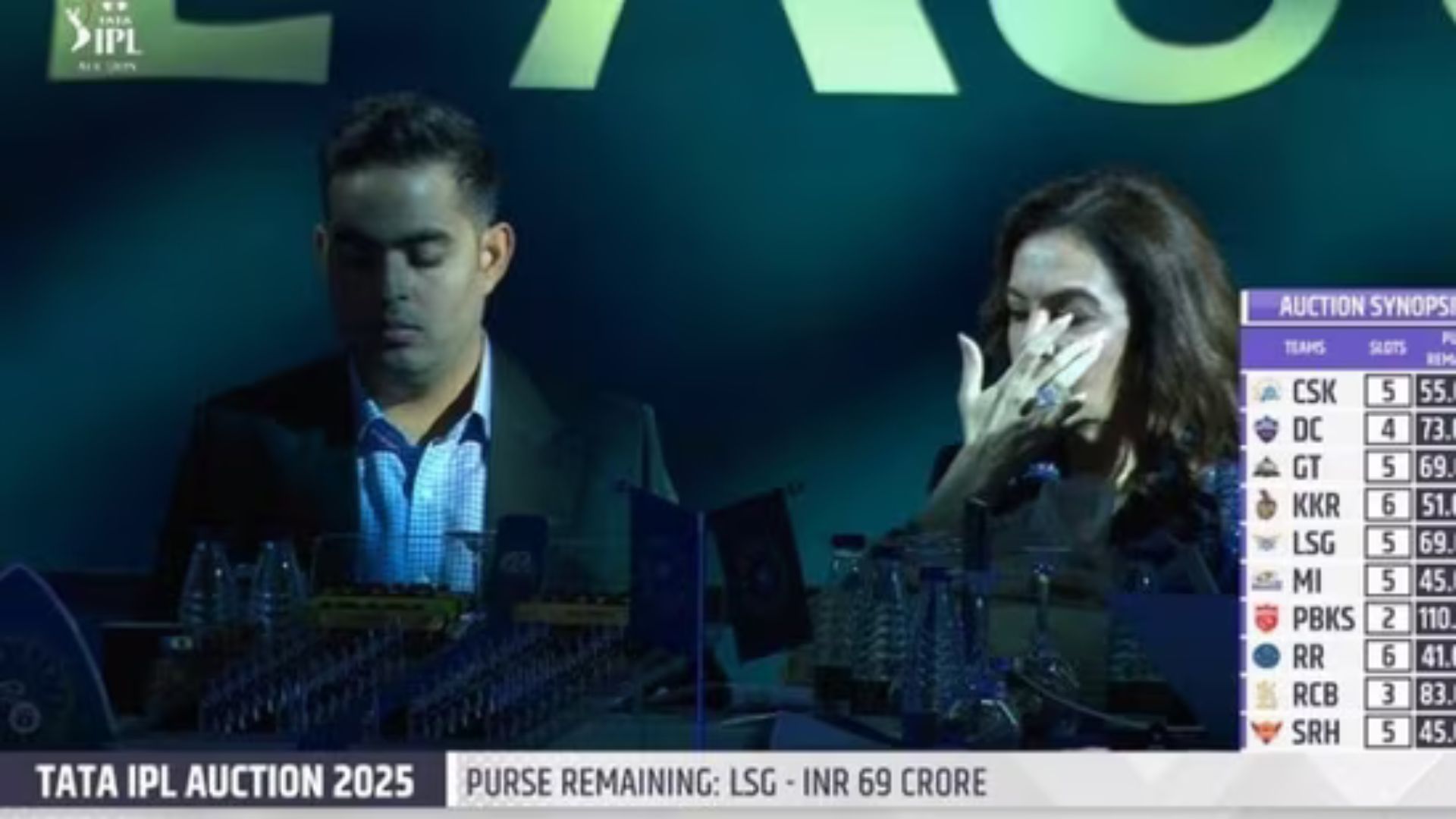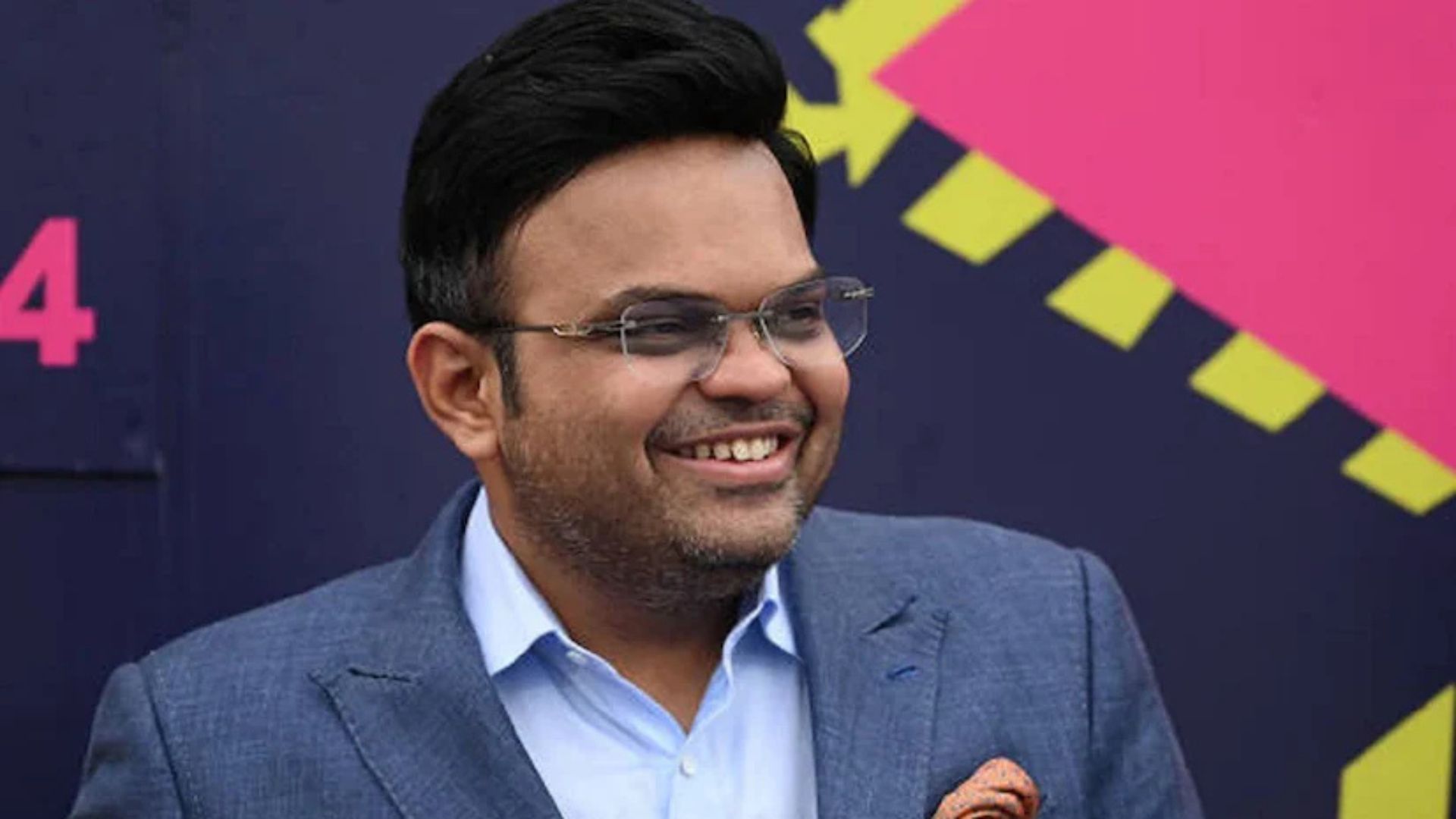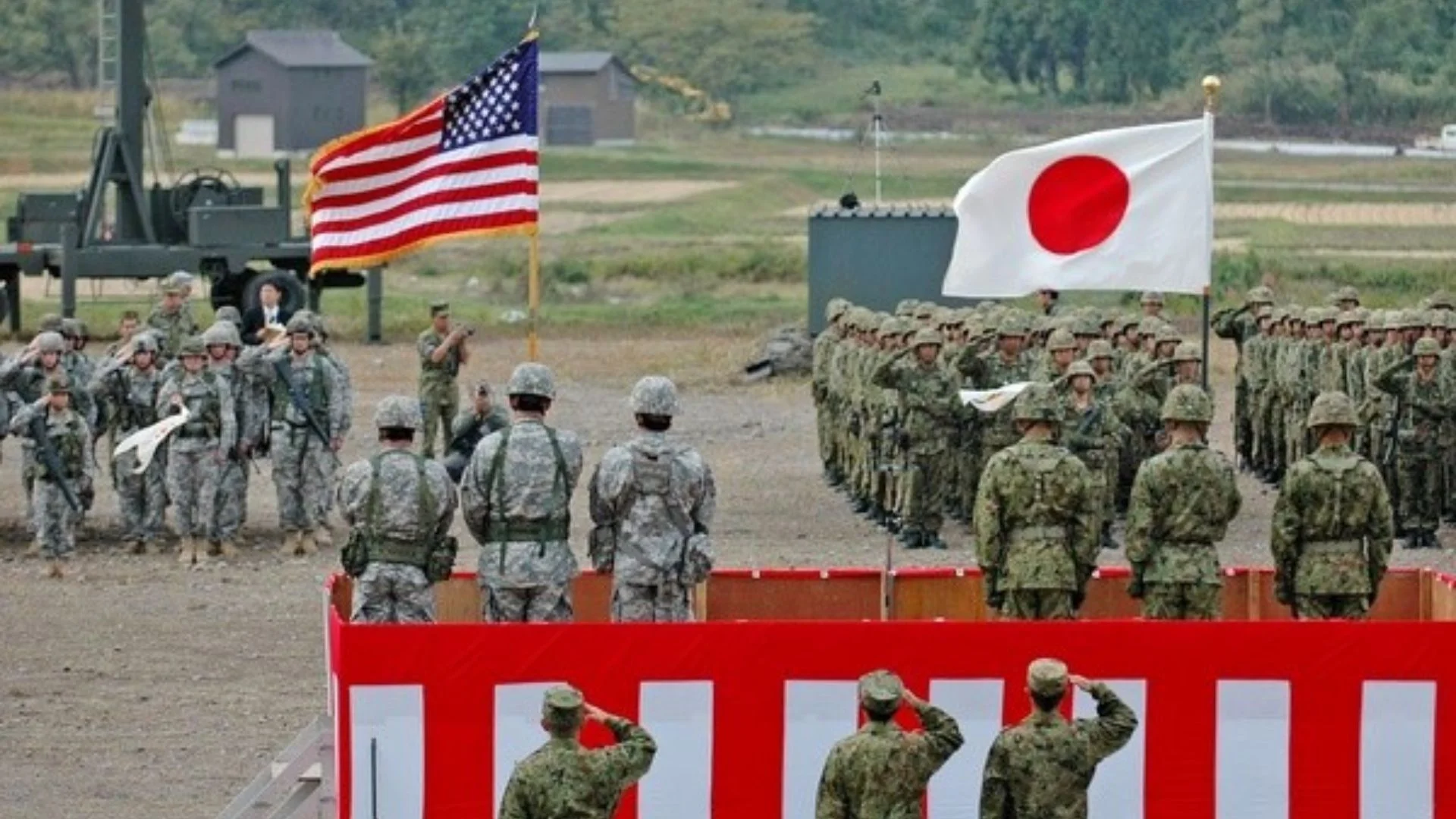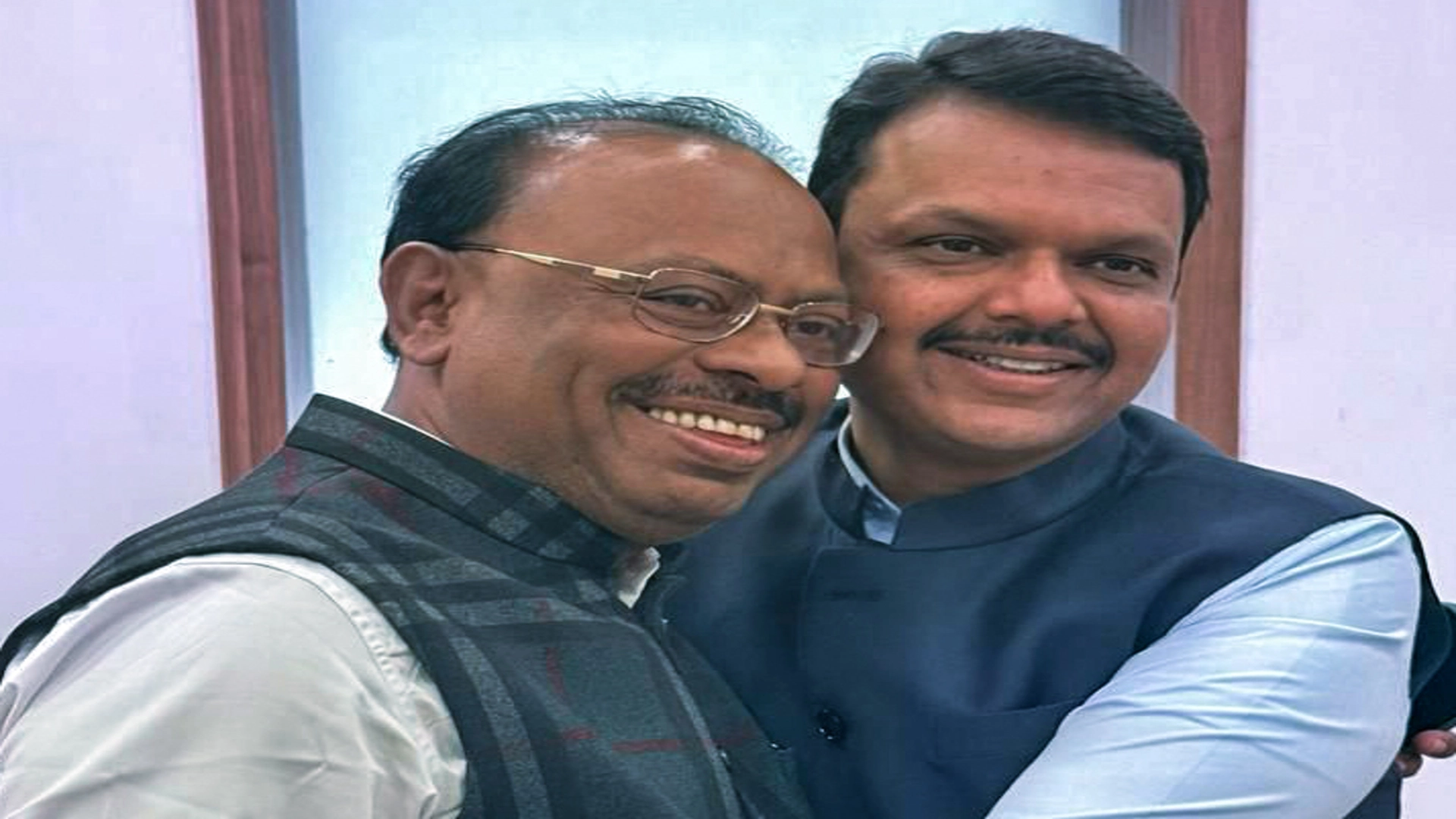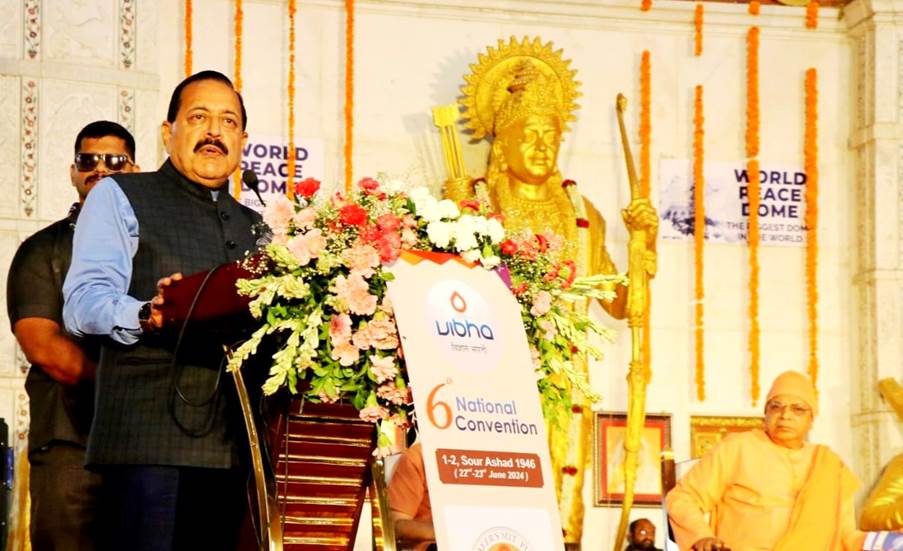
“Indian Solutions for Indian problems and Indian data for Indian Innovations as our spectrum, and even our human phenotype, is different from the rest of the world,” declared Dr. Jitendra Singh while addressing the 6th National Convention of Vigyan Bharati (ViBha) at MIT-ADT University.
Dr. Jitendra Singh, Union Minister of State (Independent Charge) for Science and Technology, Earth Sciences, and other key departments, shared his long-standing association with the convention, having attended all previous ViBha conventions. He described ViBha as a seminal movement for Swadeshi Sciences, merging scientific temper with Indian cultural values.
Tracing Vigyan Bharati’s journey from the 1980s, Dr. Singh highlighted its commitment to science, noting its receipt of the Nehru Award in 2007 from then-Prime Minister Dr. Manmohan Singh as a testament to its contributions beyond political affiliations.
As a renowned diabetologist, Dr. Singh emphasized the importance of Indian-specific health data due to the unique Indian phenotype, which includes a higher prevalence of central and visceral obesity, leading to metabolic diseases like heart disease and hypertension. He called for an integrated approach that combines traditional knowledge with modern medicine, citing the establishment of the ‘Traditional Knowledge Digital Library’ by the Science and Technology Department.
During the COVID-19 pandemic, he noted a shift in attitudes towards oriental medicine, with people from advanced countries seeking Ayurvedic remedies.
Highlighting India’s scientific advancements over the past decade, Dr. Singh credited Prime Minister Modi’s support since 2014. He pointed to India’s rise in global scientific stature, with the number of startups growing from 350 in 2014 to nearly 1.5 lakh in 2024, and India’s ranking in the Global Innovation Index improving from 81st in 2014 to 40th in 2024. Additionally, India now ranks third globally in the number of PhDs in science.
Dr. Singh also emphasized India’s rich marine resources and extensive coastline, expressing confidence that the deep-sea mission will position India as a major contributor to the blue economy and a leading exporter of fisheries. He highlighted the success of India’s new Space policy, which has seen the number of space startups grow from one in 2022 to around 200 in 2024.
He congratulated the CSIR for the Aroma Mission, noting that ‘Agripreneurs’ in this mission are earning substantial incomes, even without advanced formal education. Dr. Singh credited PM Modi’s leadership for creating an enabling environment for scientific innovation in India.
Addressing the young scientific community, Dr. Singh urged them to integrate public and private sectors, combining cultural and capital resources. “Being students of Science, we are taught to speak with evidence. Our belief in Indianness is not just out of national pride but based on sound scientific research,” he said.
Dr. Jitendra Singh concluded by praising Vigyan Bharati’s pivotal role in the development of science in India. The convention was also attended by Dr. Satheesh Reddy, Former Chairman of DRDO; Dr. Vijay Bhatkar, Former President; Dr. Shekhar Mande, President of ViBha; Swami Srikantananda Maharaj, Adhyaksha of Ramakrishna Math Pune; and Prof. Vishwanath Karad, President of MIT, Pune.

